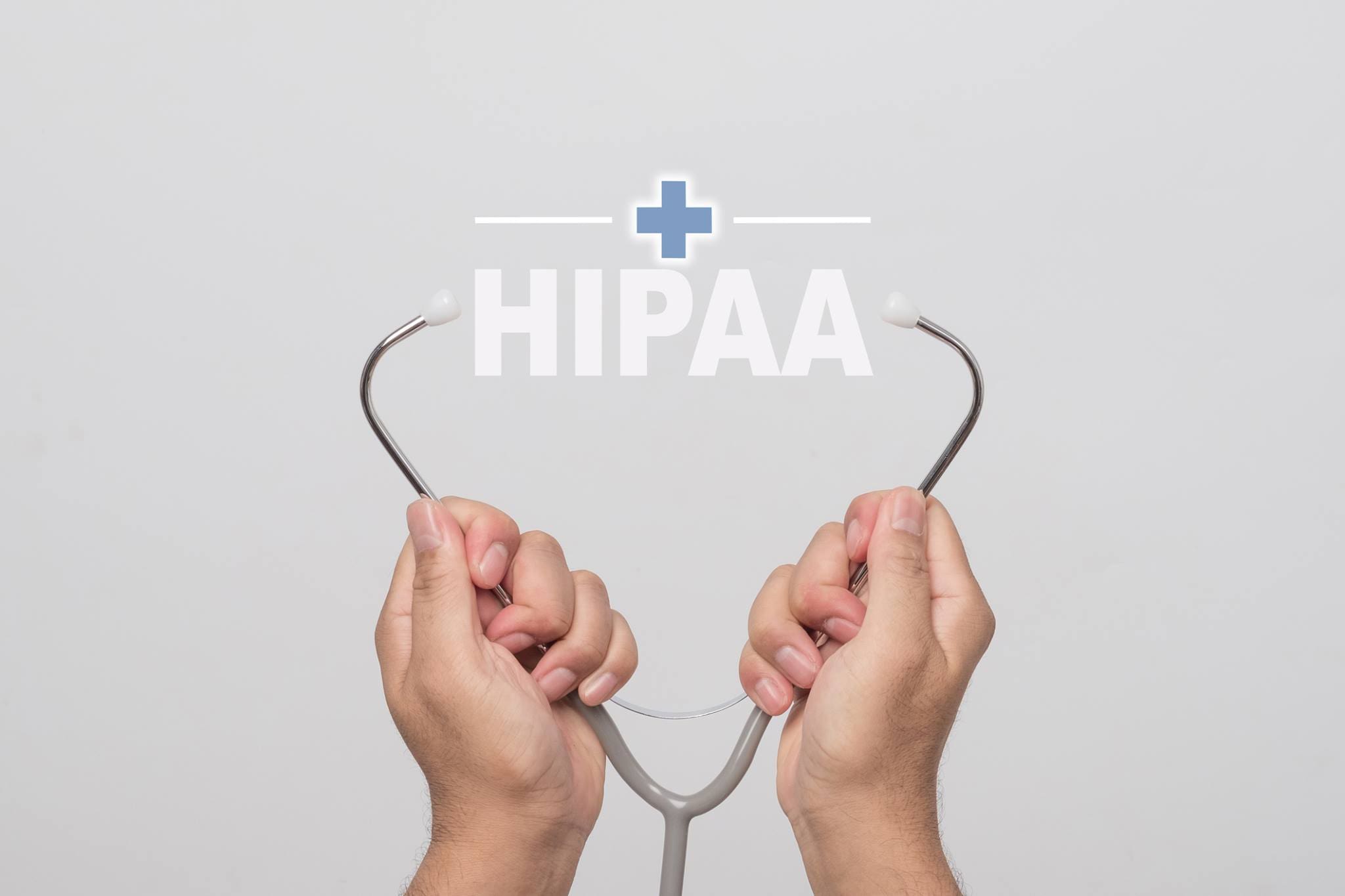Your Privacy is Important to Us: What is HIPAA Compliance and How Does It Affect Healthcare?
What is HIPAA?
HIPAA, the Health Insurance Portability and Accountability Act, is a federal law that came into effect in 1996 and sets a national standard to protect personal information that is collected and stored in medical records. It includes protection of all sensitive patient data, including paperwork for anyone who provides treatment, payment for services and operations in healthcare.
Under HIPAA, health information that must be protected is any information that identifies an individual (such as your name, address, social security number, insurance identification number, etc.) and is accessed, shared, and/or stored either electronically or by hard copy.
HIPAA standards are to be followed by all health practitioners in clinics, doctor’s offices, hospitals, home health agencies, long term care facilities and any other health care service or business where personal and medical information is collected and stored.
When you register with a health practitioner for care, a form is often included fully explaining your health privacy. It is your right to know your privacy is being protected. On this form there will be an option for you to list any family, other health practitioners or facilities that you give permission to share your information with. It is important to know that your personal health information is only shared if it is absolutely necessary for your care. Under no circumstances will your health information be given to people who do not need to know your health concerns, such as current or future employers, or be sold to advertising agents who may try to market products to you based on your diagnosis.
These are just a few of the ways we are complying with HIPAA standards and rules:
• All employees have been trained to ensure HIPAA compliance
• Policies have been established regarding mobile devices and email communication
• All employee records must be kept in a locked container
• Employee health records must be kept in a locked drawer
• I-9 forms need to be in a separate binder from other paperwork
• Employees in the field must have all their client paperwork out of sight (i.e. cannot be laying on the seat of their car where it can be easily seen by others)
• Employees found to be in violation of our privacy policies face severe consequences, including termination
Your privacy matters to us!
If you have any questions about how we are protecting your personal and/or medical privacy, please do not hesitate to contact us immediately at 1-800-334-5140.
For more information on home care palliative care services, contact UNS today at 1-800-334-5140 or email [email protected].
Please Call us at (800) 334-5140 or complete the form below.
[contact-form-7 id=”978″]



